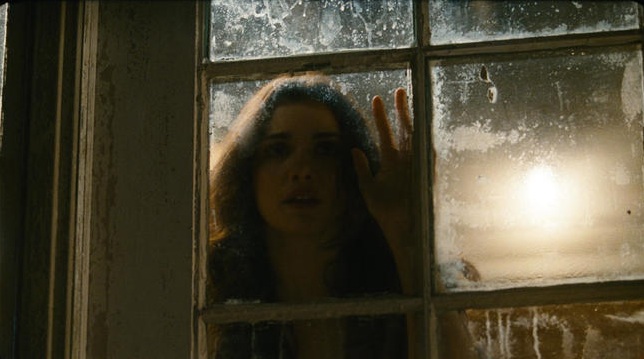Culture
Not quite a “Dream House”

Dream House
Jim Sheridan
Release Date: Sep 30, 11
- 1
- 2
- 3
- 4
- 5
- 6
- 7
- 8
- 9
- 10
Will Atenton (Daniel Craig) has just left his job as a novel editor in order to move to the suburbs and live in a picturesque home with his wife Libby (Rachel Weisz) and two daughters. Because the film’s opening credits are ominously serene, it’s clear things have to go wrong, and they do; a grisly murder was committed in their home five years prior, the neighbors are being inhospitable and Ann (Naomi Watts) across the street keeps shooting terrified looks at the Atenton family. The next logical question would be “why?,” but Dream House disregards that part of the thriller genre for most of its 92 minutes, along with most of the thrills.
Universal did Dream House no favors by giving away quite literally about 90% of the film in its trailer. The best hope going in was that the reveal of the film’s central mystery would be only part of the hook, and that larger twists and turns were in store. Sadly, this is not the case; if you’re planning on seeing Dream House, avoid that at all costs. Not that you really should be, anyway; this is through and through a paint-by-numbers thriller, with a twist that’s blatantly choreographed by some near-comical long shots early on.
It also doesn’t help that, for the film’s first half, we’re supposed to empathize with Will, who just wanted to quit his high-paying job for the simplistic freedom of restoring an expensive colonial and hanging out with his kids. Tone-deafness of current events aside, there’s also not much sinister tension, just a dad aggravated by some goth kids hanging out in his basement and a guy who might be in the woods! Craig does his best to hold things together, as does the rest of the cast, but this is a script (and, really, movie) that was more or less dead in the water from the outset.
And then there’s the matter of the film’s patently absurd second half, in which the audience is asked to take several leaps of faith in rapid succession. The return on those is minimal, and involves acceptance of what’s basically a twist on Stockholm syndrome to explain itself away. This, combined with a finale strangely reminiscent of House of Wax, makes Dream House a far campier affair than it seemingly ever wanted to be.